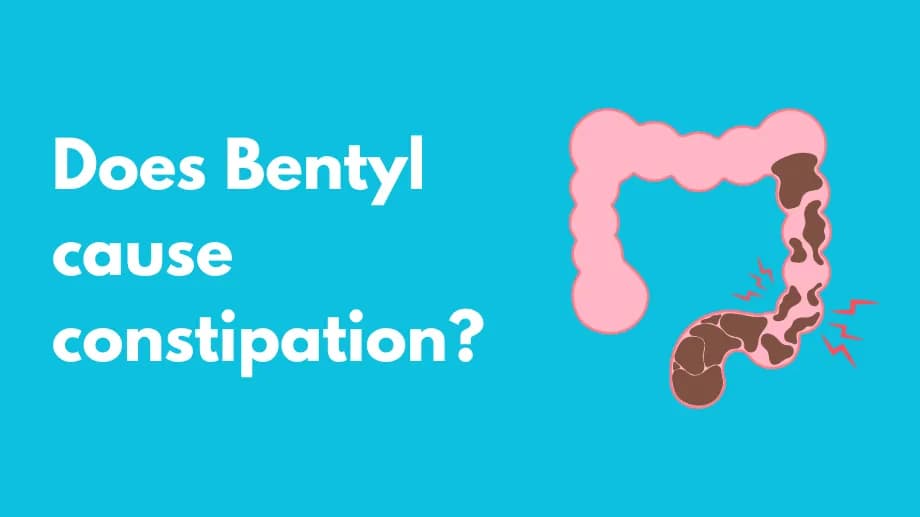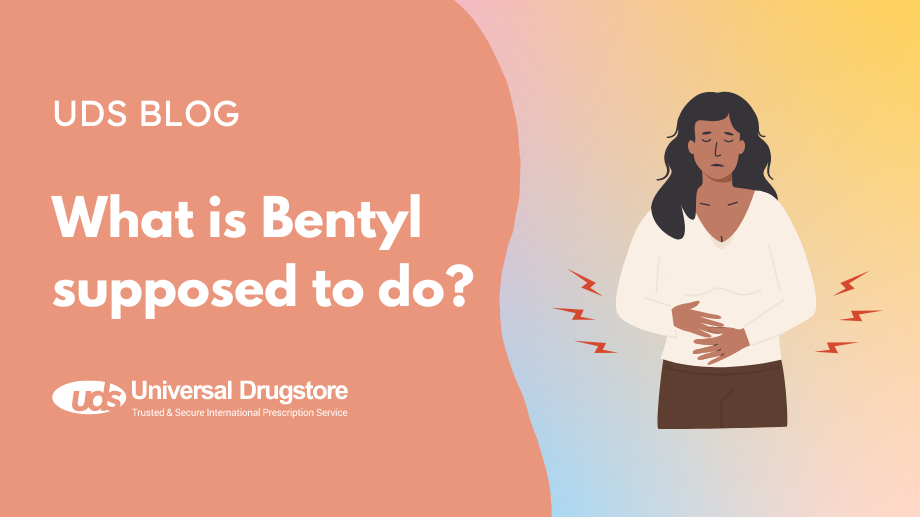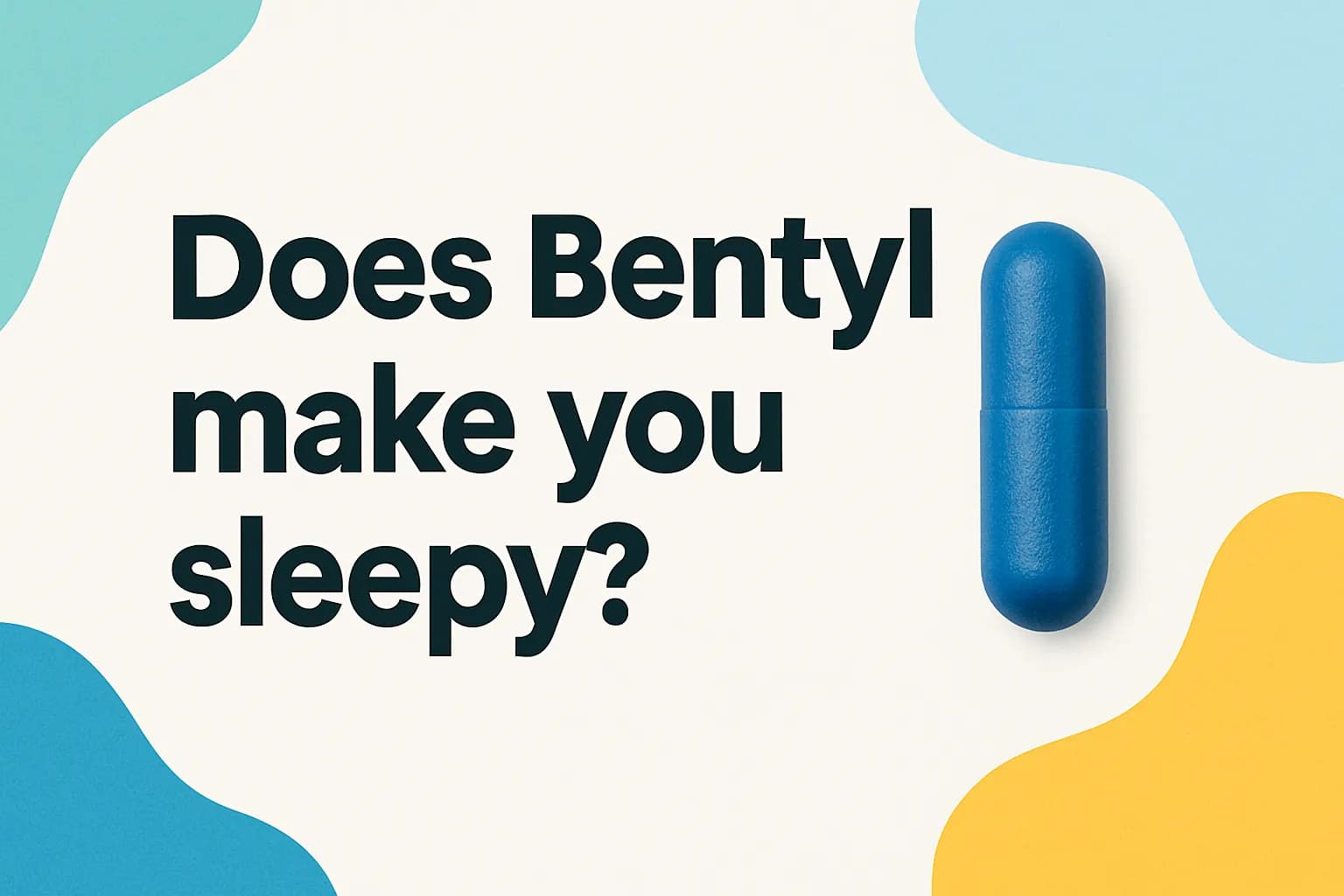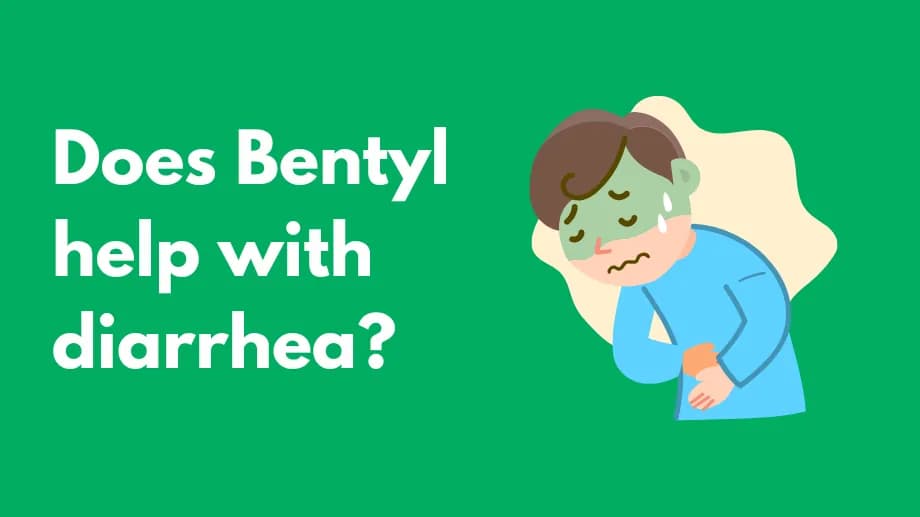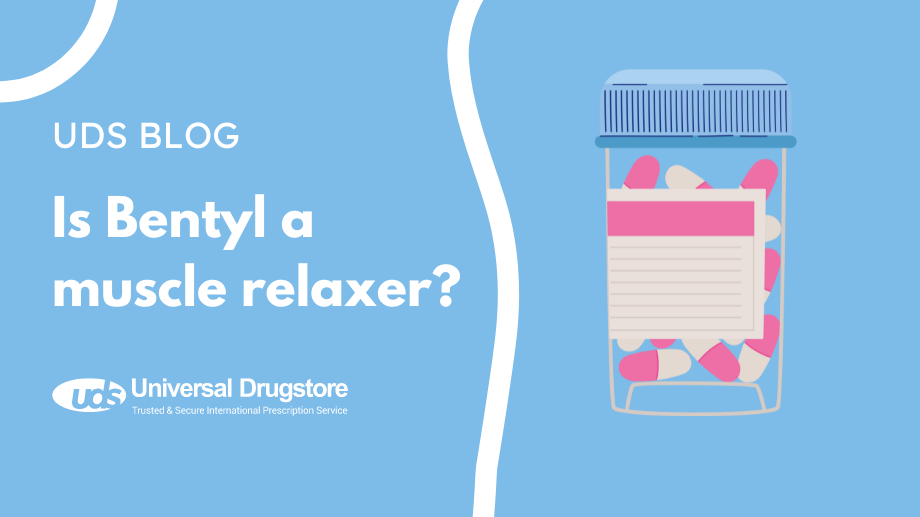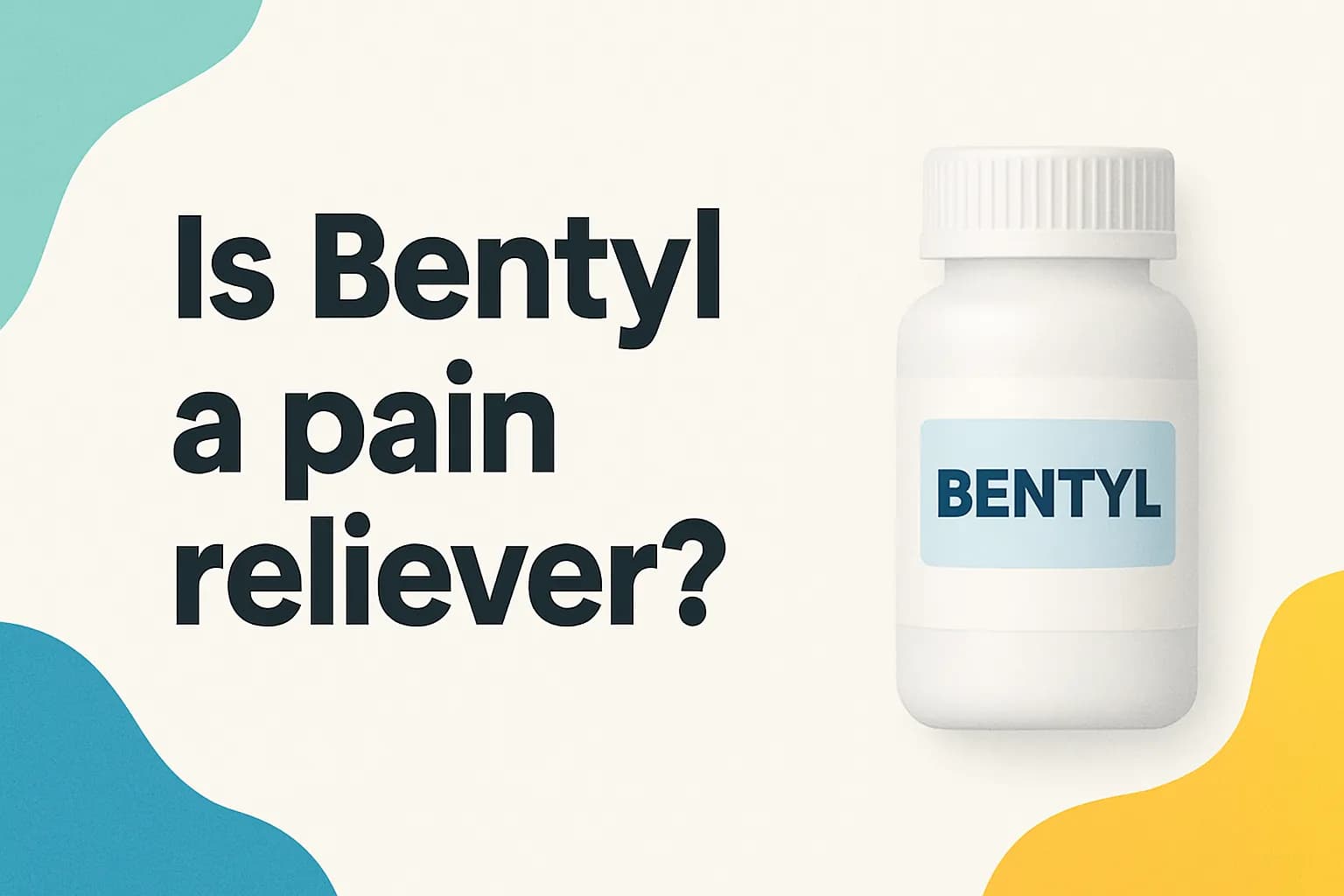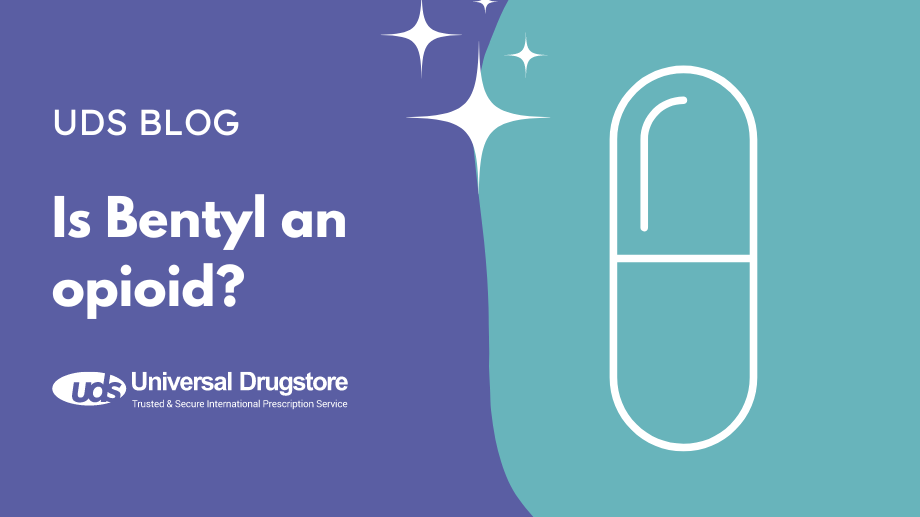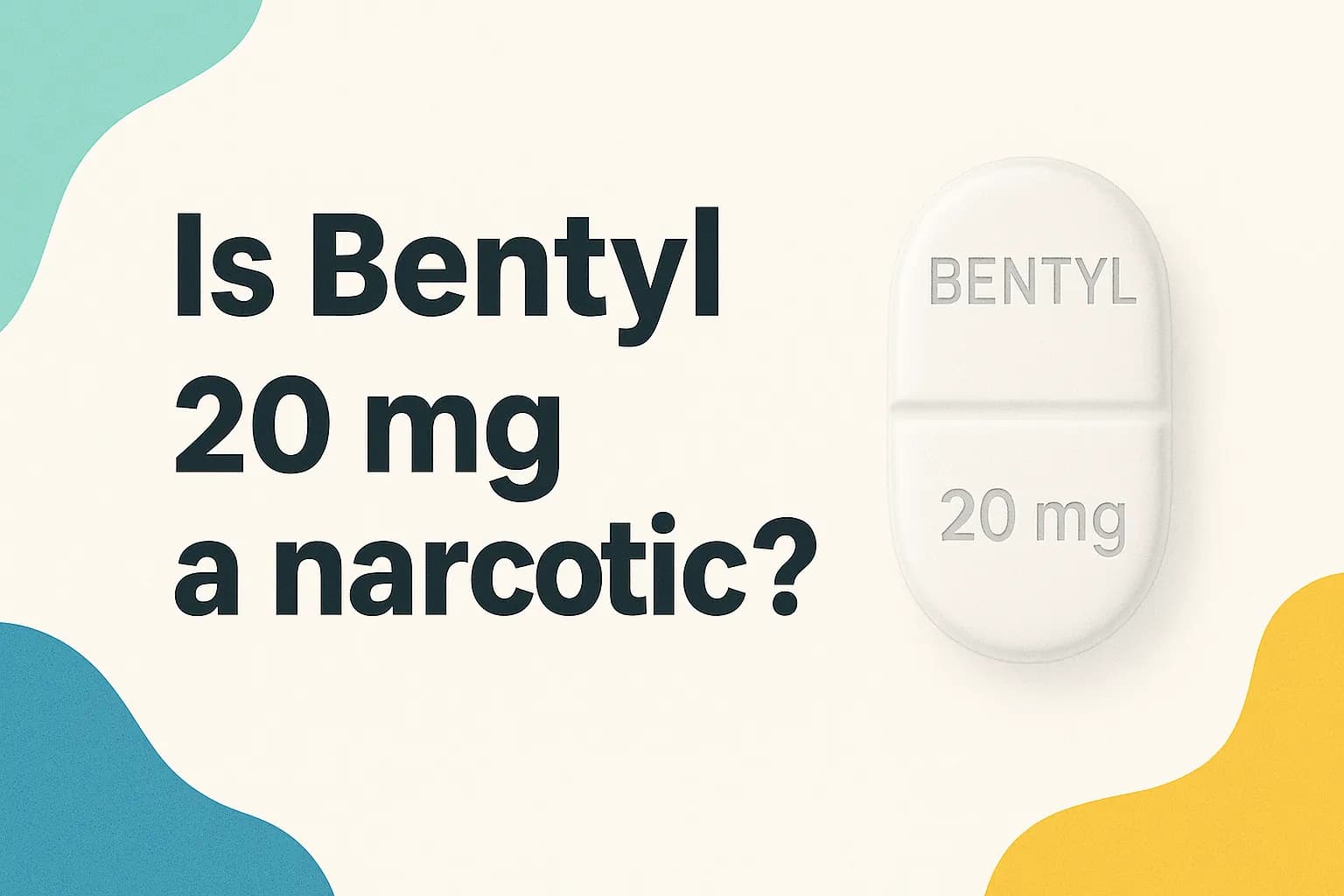Does Bentyl make you sleepy?
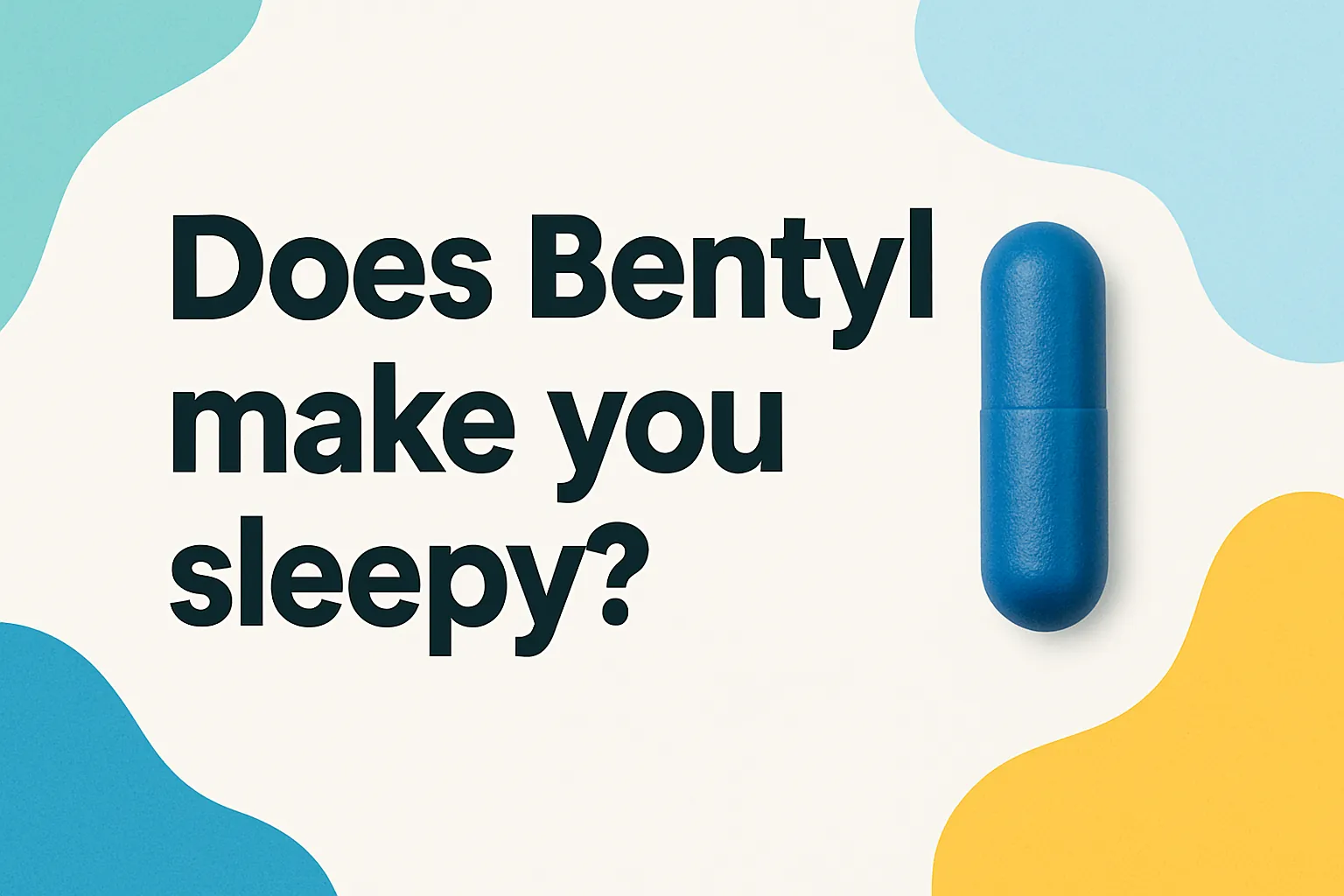
Bentyl (dicyclomine) is a drug that blocks the activity of the neurotransmitter acetylcholine. It may help reduce painful muscle spasms in your gut caused by irritable bowel syndrome (IBS). IBS is a common disorder that affects the stomach and intestines, which is also called the gastrointestinal tract. IBS symptoms include cramping, stomach pain, bloating, diarrhea, gas, constipation, or both. It is a chronic condition that you will need to manage long-term.
Bentyl is approved to treat adults, children, and infants 6 months of age and older with IBS. As with all medications, Bentyl can cause side effects. One of the most common side effects of Bentyl is drowsiness. In clinical trials, it was seen in 9% of people taking 40 mg of Bentyl 4 times daily. Other common side effects included dizziness (40%), dry mouth (33%), blurred vision (27%), nausea (14%), weakness (7%), and nervousness (6%).
Be careful when first starting Bentyl. Do not drive or do other activities that require alertness or coordination until you know how this medication affects you. Please note that if you are age 65 and older, you will be at greater risk for certain side effects from Bentyl.
How does Bentyl work?
Bentyl is the brand name of the prescription drug dicyclomine hydrochloride. It is most commonly used for treating the symptoms of irritable bowel syndrome (IBS). IBS is a chronic condition of your gastrointestinal (GI) system that causes constipation, bloating, abdominal pain, and diarrhea.
Bentyl is an anticholinergic or antispasmodic medication. It works by blocking the action of the neurotransmitter acetylcholine. Acetylcholine binds to receptors on the smooth muscles that surround your gut and signals them to contract. By reducing the action of this neurotransmitter, Bentyl helps the muscles in your gut relax. This relieves muscle spasms and cramping in people with irritable bowel syndrome (IBS) and other functional bowel disorders.
What are the side effects of dicyclomine?
The most common side effects of Bentyl include:
- Dizziness
- Dry mouth
- Blurred vision
- Nausea
Some other possible side effects of Bentyl that may occur include:
- Drowsiness
- Weakness
- Nervousness
Some people can experience serious side effects while using Bentyl that may require immediate medical attention. If you experience any of the following, contact your healthcare provider or seek assistance at your nearest hospital:
- Serious allergic reactions
- Increased heart rate
- Mood changes
- Decreased sweating
- Severe muscle weakness
- Trouble urinating
- Gut problems
These are not all of the possible adverse effects of Bentyl. You should always seek medical advice from your healthcare provider for any questions or concerns about your medical condition or treatment. Read all patient information, medication guides, or drug information sheets that come with this medication. You can also report adverse effects to the Food and Drug Administration at www.fda.gov/medwatch or 1-800-FDA-1088.
What drug interactions are there with Bentyl?
When Bentyl is taken with other brand name or generic prescription drugs, over-the-counter medications, vitamins, and supplements, it may change how they work or increase the frequency or severity of side effects. Make sure that you tell your healthcare professional about any medications that you are taking, including:
- Antacids
- Antiarrhythmic medications
- Antidepressants
- Benzodiazepines
- Antipsychotics
- Corticosteroids
- Drugs affecting stomach emptying
- Glaucoma drugs
- Gocovri (amantadine)
- Antihistamines
- Digoxin
Who should not use Bentyl?
Contraindications include:
- Myasthenia gravis
- Glaucoma
- Blockage in urinary or gastrointestinal tract
- Severe ulcerative colitis
- Reflux esophagitis
- Currently breastfeeding
- Enlarged prostate (BPH)
What are the symptoms of a Bentyl overdose?
Symptoms include headache, nausea, vomiting, blurred vision, dilated pupils, hot or dry skin, dizziness, dry mouth, trouble swallowing, and convulsions.
When is the best time of day to take Bentyl?
You should take Bentyl by mouth on an empty stomach, 30 minutes to 1 hour before meals around the same times each day, up to 4 times a day.
How long does it take for Bentyl to start working?
Bentyl typically helps improve symptoms within 60 to 90 minutes after taking it.
What happens if you stop taking Bentyl?
Bentyl can be stopped without causing withdrawal symptoms. However, your symptoms may return if stopped.
